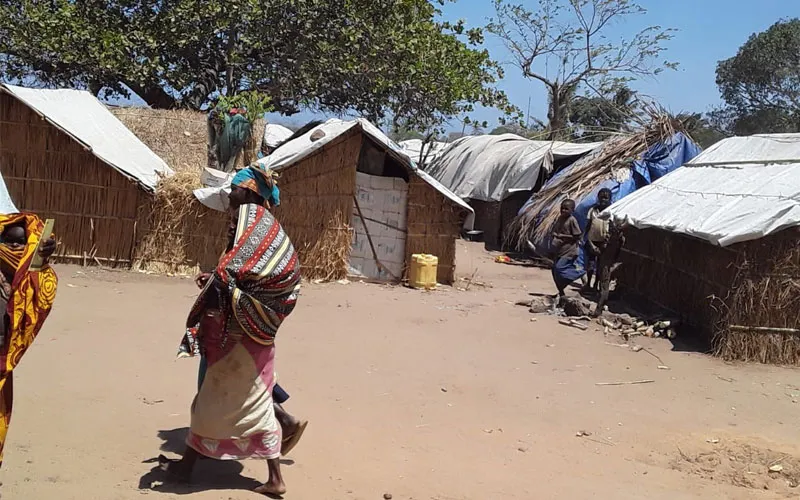Johannesburg, 18 March, 2021 / 6:15 pm (ACI Africa).
In an attempt to describe the humanitarian crisis in Mozambique, Johan Viljoen who works with the Southern African Catholic Bishops’ Conference (SACBC) recalls a particular heart wrenching image that summed up the Darfur hunger crisis.
It is photographer Kevin Carter’s iconic image of an emaciated boy crouching on the ground, naked with his face almost touching the ground and a vulture standing behind him, probably waiting for the boy to die so that it can scavenge on him.
“Anyone that can remember this image that caught the attention of the whole world, sending many into painful tears should know that children and mothers in several parts of Mozambique are facing a similar crisis,” Johan, the Director of Denis Hurley Peace Institute tells ACI Africa in an interview Thursday, March 18.
Denis Hurley Peace Institute (DHPI) is SACBC’s initiative to serve people in conflict situations.
A humanitarian desk within Mozambique’s Nampula Ecclesiastical Province that comprises Nampula Archdiocese and the Dioceses of Gurue, Lichinga, Nacala, and Pemba where Cabo Delgado is located, is the latest on the list of DHPI’s initiatives. It has other initiatives in Sudan, South Sudan, Ethiopia, Burundi, among other African countries.








